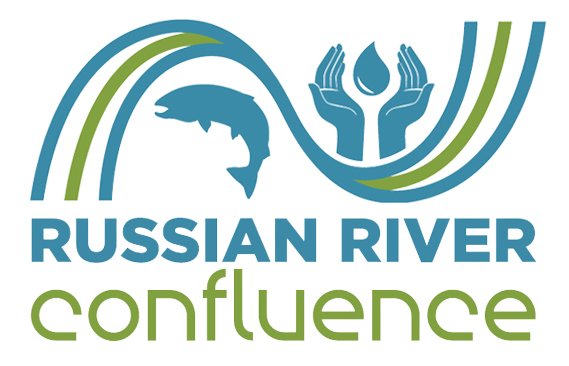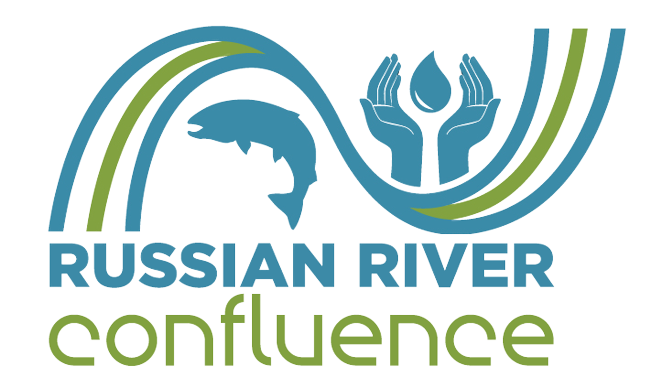
R3MP is a science-based monitoring program for the Russian River watershed.
The Russian River Regional Monitoring Program (R3MP) was established in 2019 to provide the scientific information necessary for successful long-term management of Russian River watershed health, in the context of climate change, land use change, and population growth. The R3MP is envisioned as an integral part of a scientific enterprise centered on the watershed that services the many management interests, including counties, municipalities, other public agencies, Tribes, non-governmental environmental organizations, and private interests that need a dependable source of high quality, independent, scientific information to successfully address clearly defined watershed health issues. The R3MP is governed by a Steering Committee representing many of these interests, with guidance from a Technical Advisory Committee that draws upon the wealth of local and regional expertise in environmental science, engineering, and management.
R3MP is focused on addressing:
What is the baseline health status of the Russian River watershed;
What are the trends in watershed health; and
How can the health of the watershed be improved?
The Confluence has partnered with R3MP for watershed health
To address these three fundamentally important questions, the Steering Committee has identified a set of R3MP objectives:
Coordinate cost-effective water quality and ecosystem monitoring and public data sharing for watershed managers;
Support inter-agency collaboration to conduct adaptive watershed management;
Utilize the best available environmental monitoring and assessment frameworks, programs, workgroups, methods and data;
Help align regulatory and management procedures with public policies to optimize their combined benefits;
Utilize and improve online tools and websites for public access and visualization of data used to manage the Russian River watershed;
Monitor, assess and publicly report the status and trends in watershed health, including the performance of restoration projects and other on-the-ground activities, with a focus on identifying threshold conditions that trigger further management actions;
Support efforts to improve public policies, programs, and projects based on R3MP findings and recommendations;
Support public outreach to improve the public’s understanding of watershed health,to inspire individual watershed conservation actions, and to increase public support for coordinated watershed management.
For more information, please see the R3MP Factsheet here.


